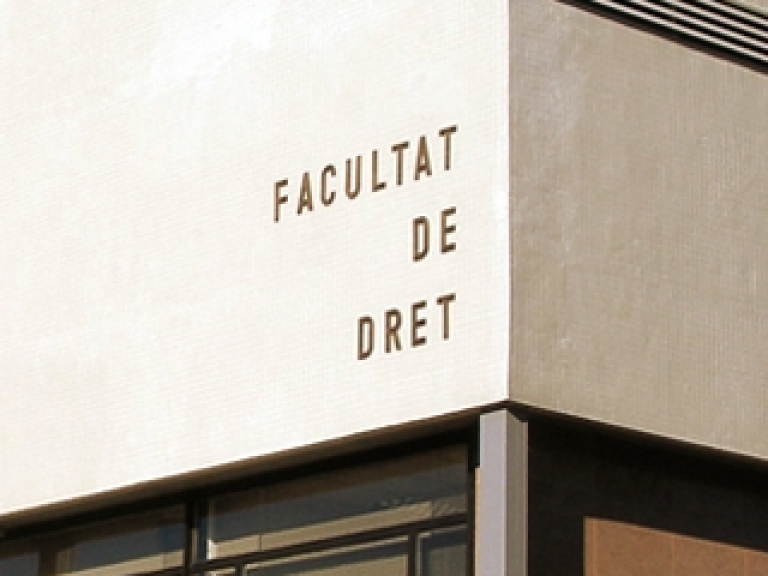C/ Tuset, 20, 4º
08006 Barcelona
SPAIN
Tel. (+34) 93 368 76 68
Fax
info@valls-abogados.es

Questions about entering the Spanish market?
Housing built on land owned by a family for the subsequent sale in Spain thereof is to be regarded as a property development business for the taxation of capital gains
04.2011
A Spanish family made a query to the tax authorities on the taxation of capital gains from the sale of properties following their construction on land belonging to said family (a mother and her two daughters). None of the members of the family was a business-owner as their intention was to build properties on an inherited plot of land. They found a construction company to build flats on this land.
In a response dated 24-03-2011, the authorities stated that profits raised by this activity were to be taxed as a business activity, as the development of this real estate development led to the development of a business activity. This is why it is not correct to tax this gain for the sale of the property as capital gains at the rate of 21% currently in force but, instead, it is taxable as an economic activity, with a proportional tax rate (the greater the gain, the greater the tax rate) and a tax base which is calculated by applying the accounting regulations in force to the business developed. Properties are inventories and, therefore, cannot be depreciated.
The advantage of the existence of a business activity is that the input VAT paid while the activity is conducted is tax-deductible, and this would not be possible otherwise (where the VAT would have been an extra cost and therefore made the sales price of the dwellings more expensive), although taxing the business activity at a proportional rate can be very costly (at a 40% rate or more). An alternative to the above would have been to develop the activity through a company, although the distribution of earnings to partners should have to be examined later, in cases where there is double taxation in Spain.
In the scope of this consultation, the authorities did not discuss how this case should have been resolved in the event that the members of the family responsible for the business development had been non-residents. In this case, the activity would solely be regarded as an economic activity in the event that there was a permanent establishment, and this would have made the case more complex, although the advantage would have been the application of the 25% or 30% tax rate that applies to corporations according to the Spanish Corporate Tax.
